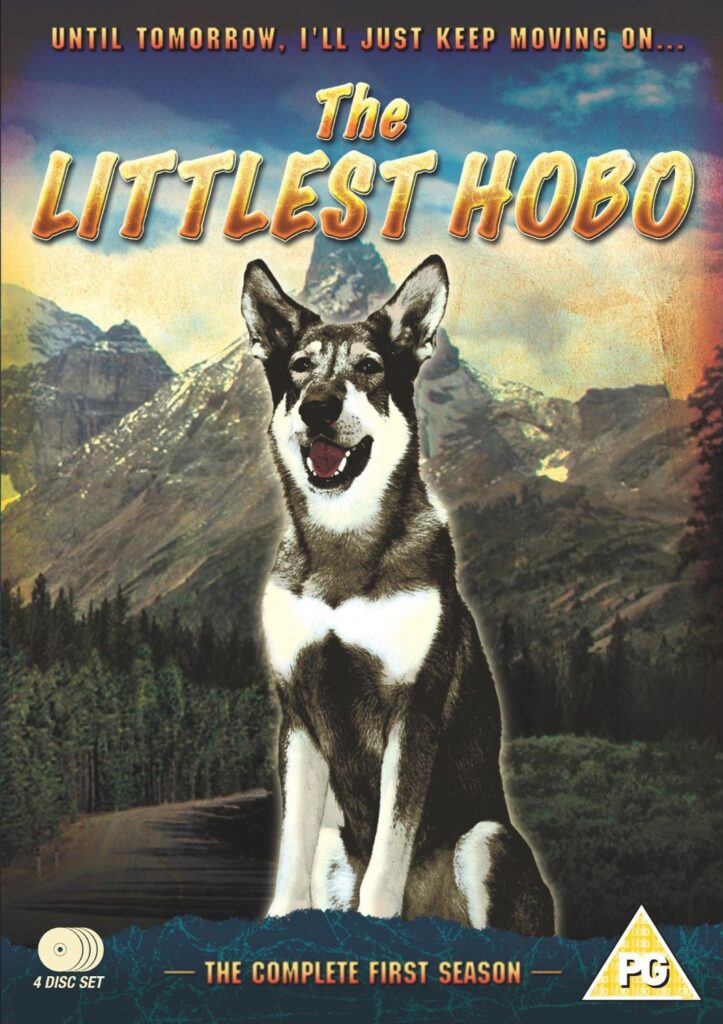A version of this article first appeared in Funding Insight in March 2022 and is reproduced with kind permission of Research Professional. For more articles like this, visit www.researchprofessional.com
Is relocation always advisable for a postdoc fellowship, and what if it’s not possible?
Most postdoctoral fellowship programmes encourage potential applicants to move institutions, though the strength of that steer and the importance placed on researcher mobility varies from scheme to scheme. At the extreme end, in Europe, the Marie Curie Fellowships programme (not exclusively a postdoc scheme) requires international mobility for eligibility.

In the UK, most schemes have softened their steer over recent years. Where once staying at your current institution required ‘exceptional justification’ or some similar phrasing, there’s now an increasing awareness that researcher mobility doesn’t make sense for everyone and enforcing it has negative ramifications for equality, diversity and inclusion (EDI). It’s much harder and more disruptive for researchers with family commitments to move institutions, and harder for those with partners who are tied to a particular location for family or job reasons. There will be other researchers who are already in the best environment for their research, and so any move would be a backward step. It’s now common for application forms to allow space for both (a) personal/EDI reasons why moving institutions is not possible; and (b) intellectual/research reasons for not wanting to move.
Continue reading “Postdoc Fellowships: Should I Stay or Should I Go?”


